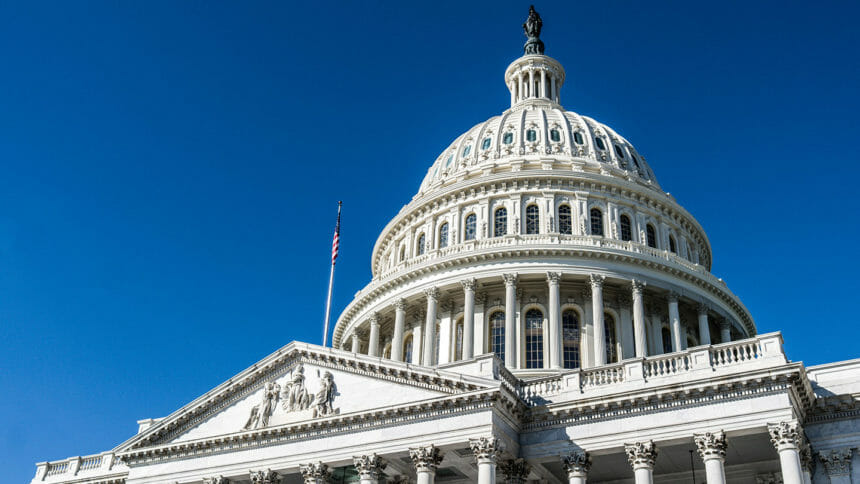
National Association for Home Care & Hospice President William Dombi called on members Thursday to aggressively lobby Congress on initiatives that would protect Medicare reimbursements and boost wages for workers.
During a webinar Thursday updating members on federal policy, Dombi said the likelihood of Congress reimposing a moratorium on Medicare sequestration cuts is “far less than even at this point.” Earlier this month, the Centers for Medicare & Medicaid Services began phasing in the automatic cuts to providers that were paused two years ago at the start of the pandemic. CMS reimposed a 1% cut on April 1 and will increase it to 2% on July 1. But Dombi said higher labor costs and gas prices support another pause on sequestration.
“This is one of those issues where all of the health care sectors collaborating together should continue to press Congress for the kind of support we need for this moratorium on sequestration,” Dombi said.
BBB in doubt
The Biden Administration’s Build Back Better plan, which provides a variety of measures to the home care industry, also faces an uncertain future, according to Dombi. He believes pieces of the bill could get passed later this year, such as a $1 billion program providing grants for workforce development. However, he is less certain about prospects for the $150 billion earmarked for home- and community-based services.
“Six months ago, most of us in Washington would have said this is a done deal; it’s going to happen,” Dombi said. “That is not the case anymore. A lot depends on the elections coming up in 2022.”
Marginal hospice rate increase
On the hospice front, Dombi feared Medicare’s proposed 2.7% rate increase for 2023 won’t keep pace with current inflationary headwinds and its proposed cap on the amount that can be spent on a hospice patient annually will force agencies to discriminate against patients who remain in hospice longer.
“If you are a hospice, you know who those patients are,” said Dombi. “[They’re] patients with dementia and other neurological disorders.”
Dombi said there could be changes to the hospice payment rule before CMS finalizes it in the fall.

